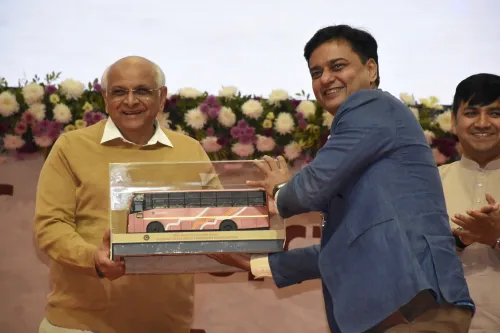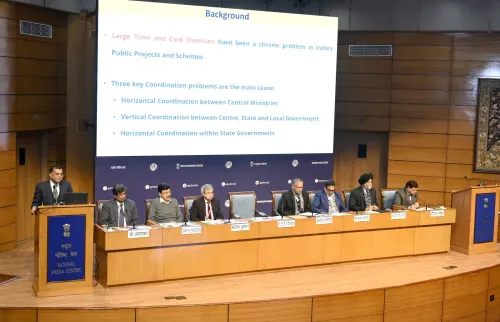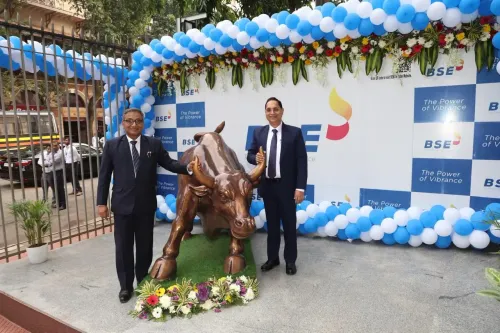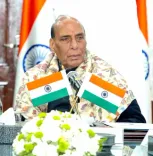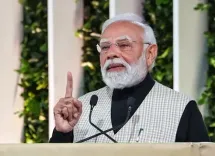Do India's aviation safety standards align with ICAO and EU norms?
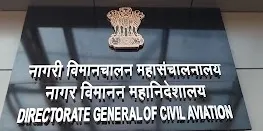
Synopsis
Key Takeaways
- DGCA regulations are aligned with international standards.
- Structured audits and inspections ensure compliance.
- Immediate support for families affected by aviation incidents is a priority.
- Ongoing investigations aim to uncover causes of aviation accidents.
- India's commitment to aviation safety is reflected in its proactive measures.
New Delhi, July 24 (NationPress) The Directorate General of Civil Aviation (DGCA) in India has established a robust set of regulations to ensure the safe operation and maintenance of aircraft, continually updated to adhere to the standards set by the International Civil Aviation Organisation (ICAO) and the European Union Aviation Safety Agency (EASA), as stated by Civil Aviation Minister Kinjarapu Rammohan Naidu during a parliamentary session on Thursday.
The DGCA employs a well-defined framework for surveillance and audits, covering both planned and unplanned evaluations of organizations and aircraft. This includes regular audits, surprise inspections, night surveillance, and ramp checks across all operational entities, focusing on ongoing scrutiny of maintenance procedures. Should any violations occur, the aviation authority exercises its enforcement capabilities according to its Enforcement Policy and Procedure Manual, the minister detailed in a written response to the Lok Sabha.
The inquiry was about the air safety measures being implemented following the Air India Boeing 787 Dreamliner accident in Ahmedabad on June 12.
Naidu further mentioned that the aircraft with registration VT-ANB, involved in the crash, had undergone scheduled maintenance and safety checks as per the approved maintenance regimen in line with DGCA regulations and the manufacturer's specifications.
He indicated that there are 33 Boeing 787 Dreamliner planes in the fleets of Indian carriers, of which 31 are operational. Inspections revealed minor issues in 8 of these aircraft, which have since been rectified and cleared for operation, while the remaining two are undergoing scheduled maintenance.
Naidu clarified that India ratified the Montreal Convention, 1999 by amending the Carriage by Air Act, 1972 in 2009, establishing the liabilities of carriers regarding compensation for incidents involving death, delay, damage, or loss concerning individuals, baggage, or cargo during international transport.
As of July 18, Air India has reported that it has disbursed an interim compensation of Rs 25 lakh to the Next of Kin (NoK) of 128 deceased individuals. For others, the process of interim compensation is at various stages of document verification by the NoK. The final compensation process will commence once interim compensation disbursements are complete.
Additionally, Air India revealed that the registration of the necessary Trust by TATA Sons was finalized on July 18, and the airline is now working on the required documentation to facilitate a voluntary ex gratia payment of Rs 1 crore to the NoK of the deceased. The airline is also extending assistance to the families of the deceased and injured, including travel arrangements, accommodation, medical expenses, and immediate cash payments for daily wage earners affected.
Naidu noted that a preliminary report on the accident was published by the AAIB on July 12 and is accessible on their website www.aaib.gov.in. Investigations are ongoing to uncover the probable causes and contributing factors leading to the accident, he concluded.


